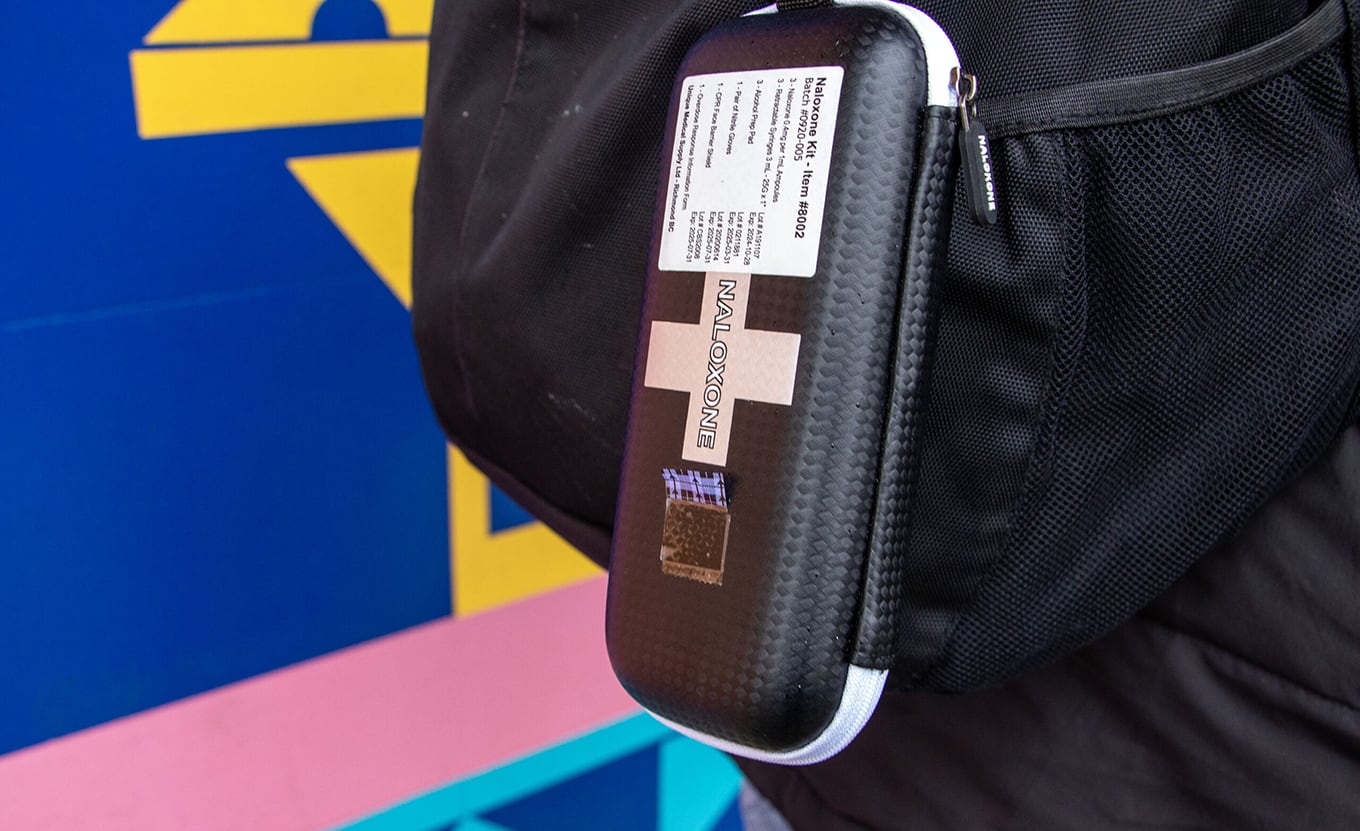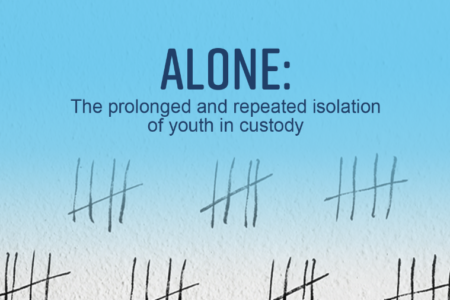B.C. Nurse says decriminalization has made it harder to treat overdose patients
By Samantha Holomay
“We are having people coming in, given Narcan, and they are not responding to it,” said a Registered Nurse.
A withdrawal and detox management nurse says she has far more patients detoxing in her care after the provincial government decriminalized certain substances.
Megan, a Registered Nurse (who wishes to remain anonymous) at one of the three alcohol and detox centers in B.C., says the new regulations for healthcare workers in detox sectors only make it harder to treat patients.
“We no longer have a right to remove anyone’s belongings away from someone anymore,” said Megan.
“When we give medications that can interfere with illicit substances, the concern is mixing specific medications that can result in another overdose.”
On January 31, Health Canada granted an exemption from the Controlled Drugs and Substances Act to the Province of B.C., effective until January 31, 2026. The bill allows people aged 18 and older to legally possess 2.5 grams of drugs, including opioids, cocaine, methamphetamine, and MDMA.
As the drug crisis persists in other cities, Nelson’s continues to see a high number of deaths — a B.C. Coroner’s report revealed 11 people died in Nelson in 2022 due to toxic drug overdose.
On April 16, concerned citizens of Nelson gathered to rally in front of Nelson City Hall to mourn the lives lost to the drug crisis and raise awareness for detox and mental health services.
This year marks the seventh since the provincial government declared a public health emergency under the Public Health Act.
While working in drug and detox centers for the past three years, Megan says that 50 per cent of her patients are detoxing. She says it is the largest ratio she has ever had.
The switch to nurses not being able to confiscate illegal drugs has led to many not being able to confirm whether patients are under the influence or in possession of additional substances, which can lead to the overdose medicine not taking effect.
Megan understands that everyone has a right to their private property. However, she says nurses ‘have a duty to provide safe, confident care.’
Since decriminalization Megan says she has witnessed an increase in patients who have overdosed on the mixture of fentanyl and depressants.
“Fentanyl is being cut with benzodiazepines. When mixed with fentanyl, the effects are way stronger. And Narcan does not respond to benzos.”
Adding, “It’s a really scary thing,” she said.
In August 2021, Interior Health launched a pilot project initiative to offer home detox for people addicted to drugs and alcohol. In addition, the Outpatient Withdrawal Management program allows people to self-refer if they are at a home where it is safe enough to get sober.
This project has not yet been implemented in other municipalities such as Nelson, Castlegar or Kaslo.
So far, the program is only available in the Kelowna, Vernon, Penticton, and Kamloops areas for people with no history of withdrawal seizures. Which Megan says excludes many people from getting help.
“I just reached out with my concern to my educator today. I think once that ban is lifted, it will open a lot more doors for people to get help,” she said.
With the continuation of this program, Megan believes it will help people who use it feel less stigmatized and more open to getting help.
However, she is still concerned about the lack of control health professionals must control hospital environments.
“It’s concerning for nursing at this stage, and we’ve asked for a little bit more recognition and clarification on our role,” said Megan.
—Samantha Holomay is a recent graduate of the Journalism Program at Langara College in Vancouver



























